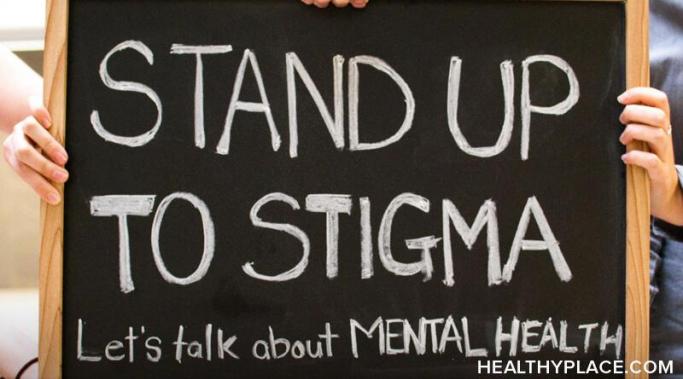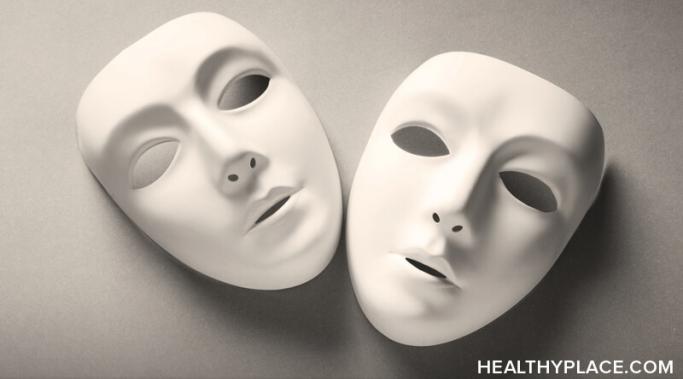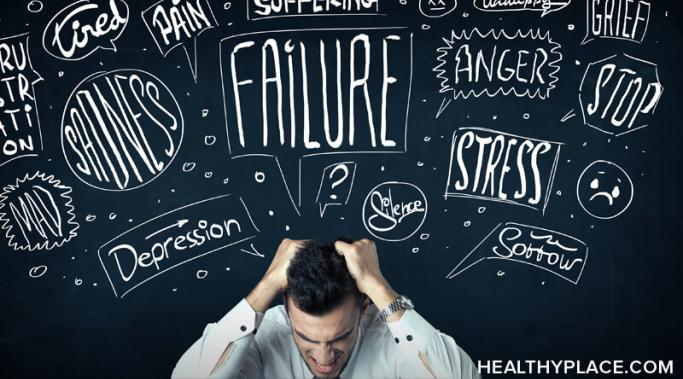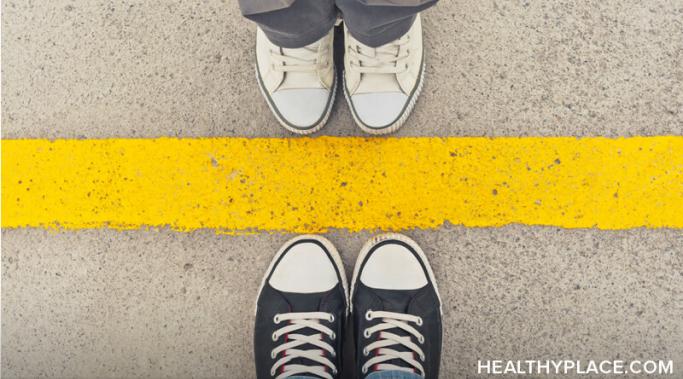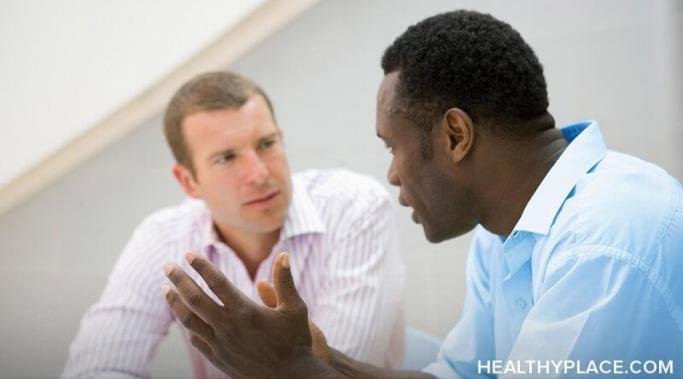Ignorance is bliss. Or is it? It can be challenging to decipher the true root of ignorance. Is it the literal definition of the word, lack of knowledge or awareness? Does malicious intent fuel ignorance? Does a lack of empathy fuel ignorance? Although daunting, the truth is, understanding the root of the ignorance in question is the first step toward improvement. Regarding mental health stigma, ignorance is one of the biggest obstacles to progress. Let's unpack a few common motives behind ignorance to help gauge a path forward concerning mental health stigma.
Dealing with Stigma
I've felt quite overwhelmed by the events happening worldwide and within my community. Between social media, the news, and life, the noise never lets up. Luckily, there are practices we can observe and measures we can take to quiet the noise. It all starts with small actions leading to a more overarching goal. This methodology applies to many aspects of our life, and fighting mental health stigma is no different.
It's one thing to say that the opinions of others don't matter, but actually believing these words to be true is another beast entirely. Growing up, people had a bad habit of telling me who I was, what I offered, and even who I was going to be. Sometimes I would brush these comments off, but I would mostly let them sit and fester until the line between what I believed and what others believed of me blurred. I was susceptible to those thoughts and expectations of others because I lost touch with my sense of self.
Take a moment to think of your favorite media villain. I bet the character that just came to mind is portrayed as having a mental illness with a sprinkle, or more like a heap of dramatization for theatrical effect. Batman's Two-Face struggles deeply from poorly represented dissociative identity disorder (DID), as does Split's protagonist with the 23rd identity of Kevin being The Beast, an entirely fictitious representation that--intentionally or not--paints individuals suffering from DID as violent and inhuman. The cinematic tactic aimed at creating drama and bolstering a storyline comes with an unintended and paramount side effect: stigma.
The basis of marketing is pretty simple: identify a problem your target customer is facing and offer a solution. In most cases, it’s effective, but, unfortunately, it’s also used in predatory marketing practices that don’t necessarily a sound product or opportunity to offer. It’s important to be able to recognize mental health stigma used in marketing tactics in order to protect yourself from falling prey to them.
This July marks the 14th anniversary of the Bebe Moore Campbell National Minority Mental Health Month, also known as Black, Indigenous, and People of Color Mental Health Month (BIPOC MHM). In a world that seemingly revolves around race, it's nearly impossible to ignore the stark disparities deeply rooted in minority and historically oppressed communities regarding mental health accessibility and stigma.
In 2022, the potential for overstimulation is real, from phones to smartwatches and everything in between. Even now, as I type away on my laptop, I can't help but ponder the previous eight hours I spent staring at an almost identical screen. I'm not naive. I know that technology--and the no doubt plethora of benefits we reap from it--is an integral part of our daily lives. I'm no technology shunner; I'm simply a mental health enthusiast.
Boundaries are one area in my life that I wish I were better at. I have trouble completely putting myself first, even if it becomes a detriment to myself, especially my mental wellbeing. It dawned on me, though, that I had set boundaries before. While I had thought I didn’t really have any, I do have boundaries I’ve set up to protect my mental health. The reason I’ve never really thought of them in that light is that I’ve struggled with feeling like a bad person by doing so.
Simone Biles, Naomi Osaka, Ben Simmons--at first glance, these three individuals do not seem to have a lot in common; but upon closer examination, there is more similarity here than meets the eye. Within months of each other, Biles, Osaka, and Simmons all spoke publicly--some more frequently than others--about their mental health struggles. While Biles and Osaka received some criticism, the general sentiment was acceptance and support; for Simmons, however, the same can not be said. So why did the public mock him and rally behind her? Why was he a laughing stock and she a hero? Unfortunately, the answer to this question may run as deep as the all-too-familiar and stigma-fueled cliché: real men don't cry.
A couple of weeks ago, I volunteered to distribute sanitary products and a hot meal to the unhoused community of Washington D.C. through the impactful and committed organization, The Distant Relatives Project. The experience produced a mix of emotions. I felt heartbroken to see so many individuals in need; the worst of it was learning that a large number of unhoused individuals who struggle with mental health issues do not have access to professional help. It is a crisis.

